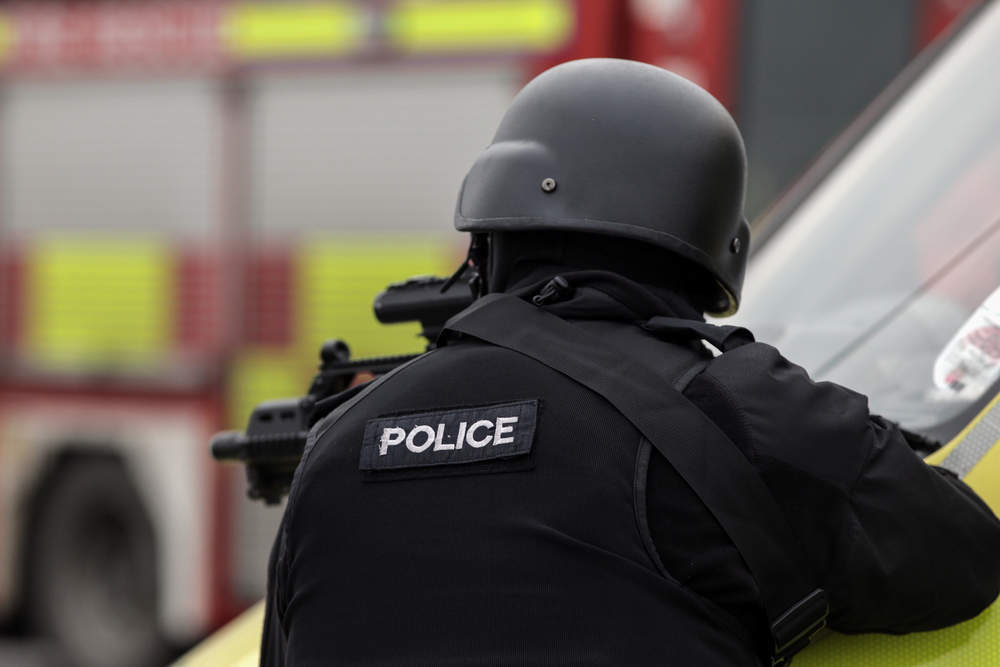
In the wake of the Manchester bombing attack, prime minister Theresa May has raised the UK’s terror threat level to its highest level of critical for the first time since July 2007.
The critical level means that the government and security services believe “not only that an attack remains highly likely but a further attack may be imminent”.

Access deeper industry intelligence
Experience unmatched clarity with a single platform that combines unique data, AI, and human expertise.
The raised level comes as a result of investigators being unable to concretely rule out whether the Manchester bomber, named by police as Salman Abedi, was working alone or was part of a wider group.
Although it has been reported that Abedi, whose identity was first revealed to reporters by US security sources, was known to the police and security services, it appears he had been considered a peripheral figure.
The investigation is understood to have focused on whether Abedi was supported by co-conspirators or if the bomb he used, described as homemade and crude, was built by him according to instructions he gained online.
The device is believed to have been built in Britain and, though crude, was stable enough to be transported and deployed to horrifying effect.

US Tariffs are shifting - will you react or anticipate?
Don’t let policy changes catch you off guard. Stay proactive with real-time data and expert analysis.
By GlobalDataHome secretary Amber Rudd has said that though she “absolutely” expects that the raised threat level will just be a temporary measure, it is probably that Abedi was not working alone.
It was a devastating occasion, it was more sophisticated than some of the attacks we’ve seen before, and it seems likely — possible — that he wasn’t doing this on his own.
As a result of the critical threat level, home secretary Rudd said that up to 3,800 troops will now be deployed onto the streets around the UK to assist police.
The prime minister said:
The police have asked for authorisation from the secretary of state for defence to deploy a number of military personnel in support of their armed officers.
In part, the military presence will be enacted as part of an operation codename Temperer.
First revealed in 2015, though never before put into effect, Temperer involves replacing armed police officers guarding events with soldiers.
The plan appears to be to allow for the deployment of up to 5,000 troops in support of the police, freeing up armed officers for patrols in key areas.
The Manchester attack is the worst in the UK since the 7/7 bombings in 2005, with one senior security source describing the attack as “a game-changer”.
With no successful bomb plot carried out since the 7/7 attacks, Abedi’s ability to successfully acquire the necessary materials and construct them into a viable device has, according to the security source, “rocked us backwards”.
London police have announced that they will be performing a special security review at all upcoming events, fearing that cultural and sporting events may be being purposefully targeted by terrorists.
Extra armed police will be present to patrol the FA Cup final at Wembley and the Premiership rugby final at Twickenham.
“Specialist officers … are now reviewing in detail all the plans for upcoming events in the capital,” Scotland Yard said in a statement. “This includes smaller events which may not have had a police presence seeing a greater focus and an increase of armed and unarmed officers on highly visible reassurance patrols around key locations.”







